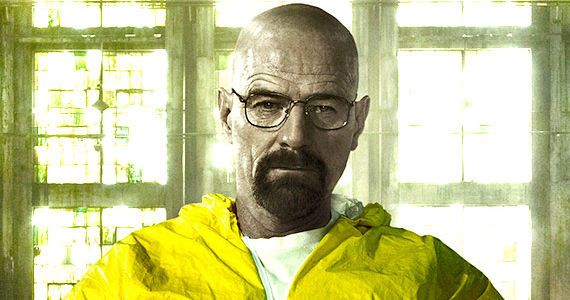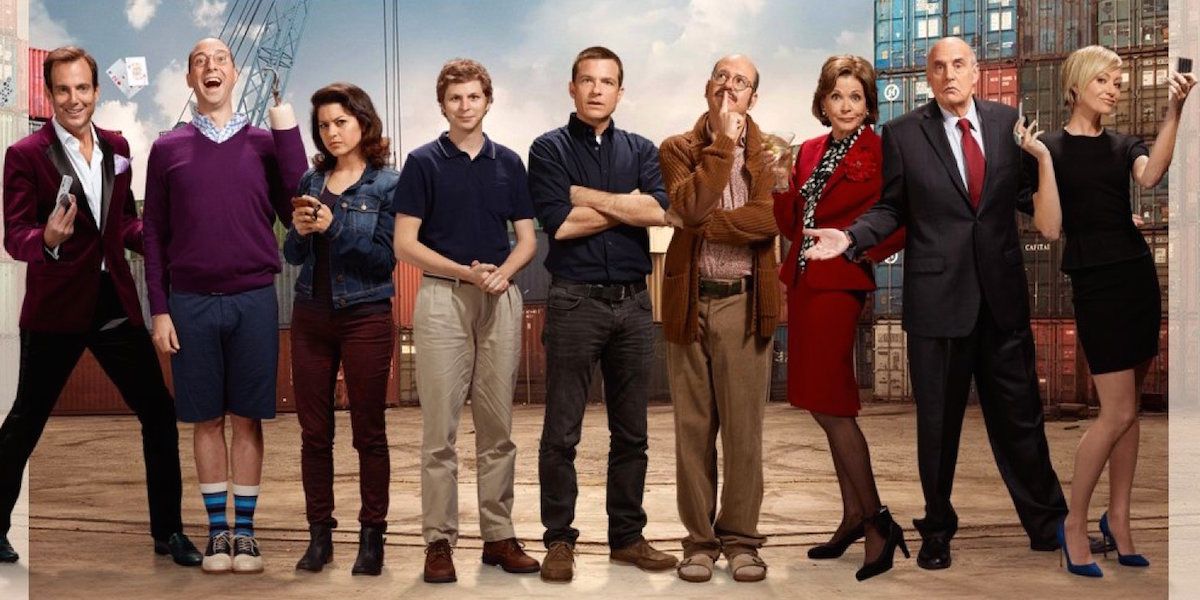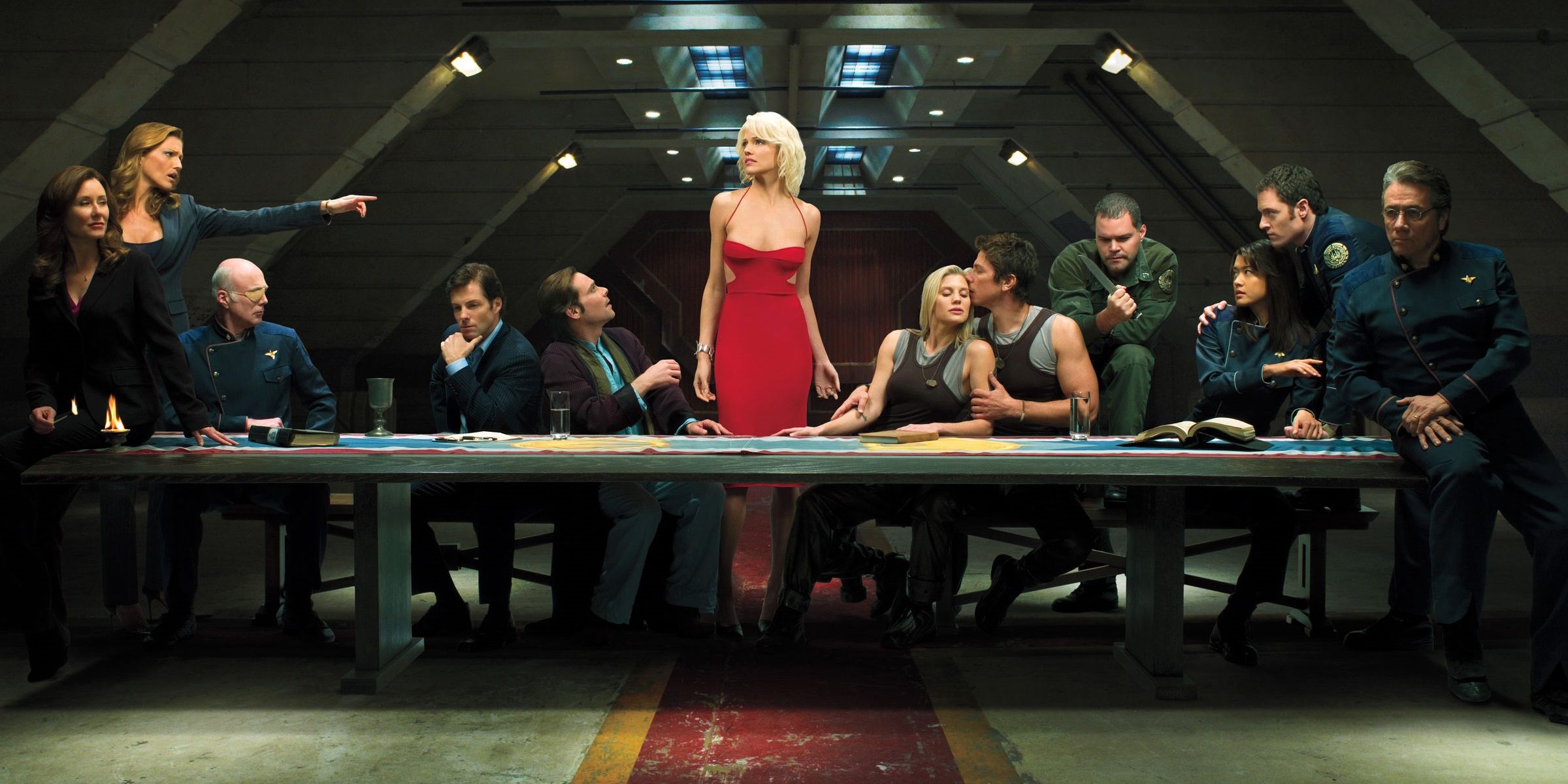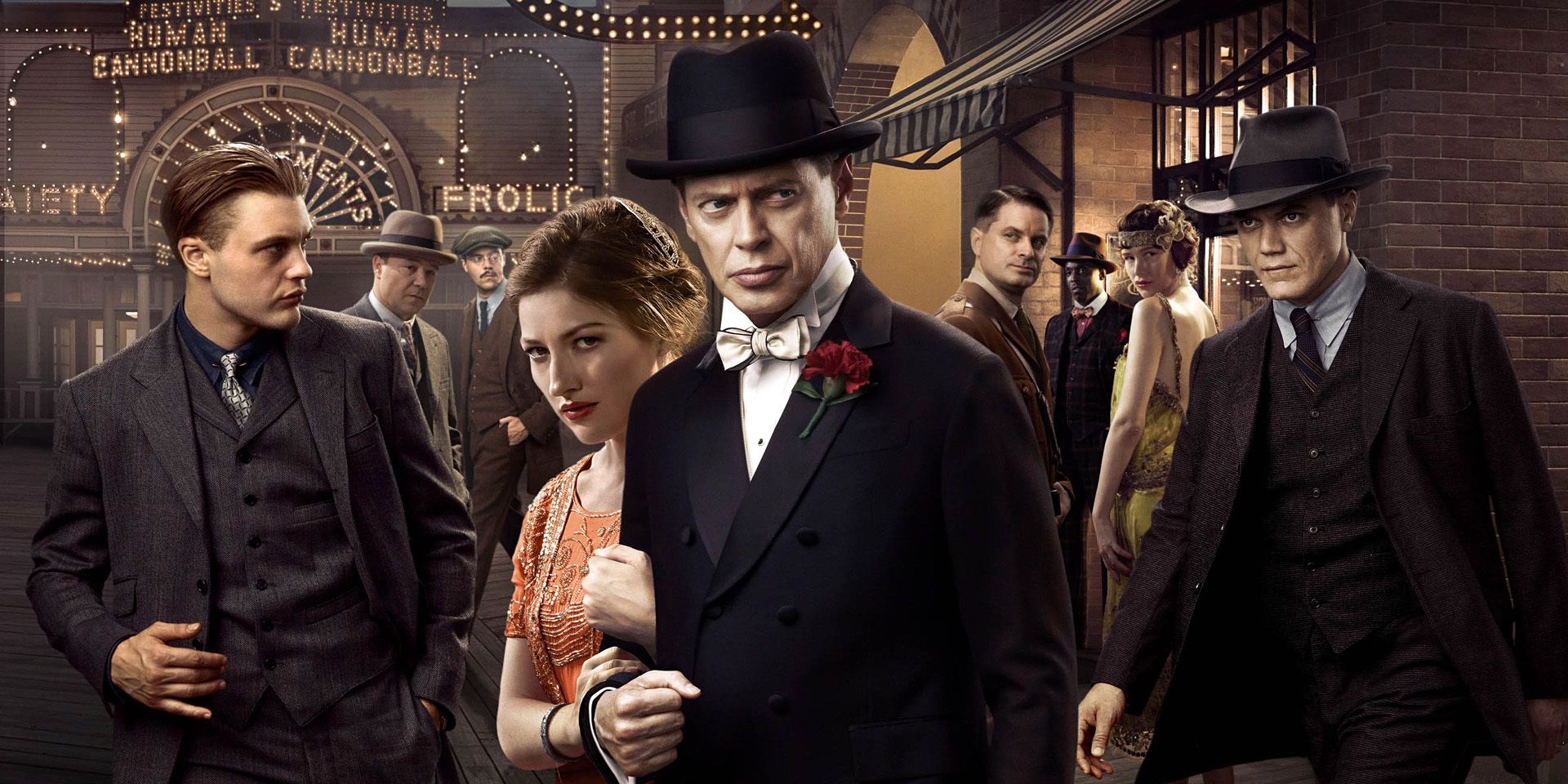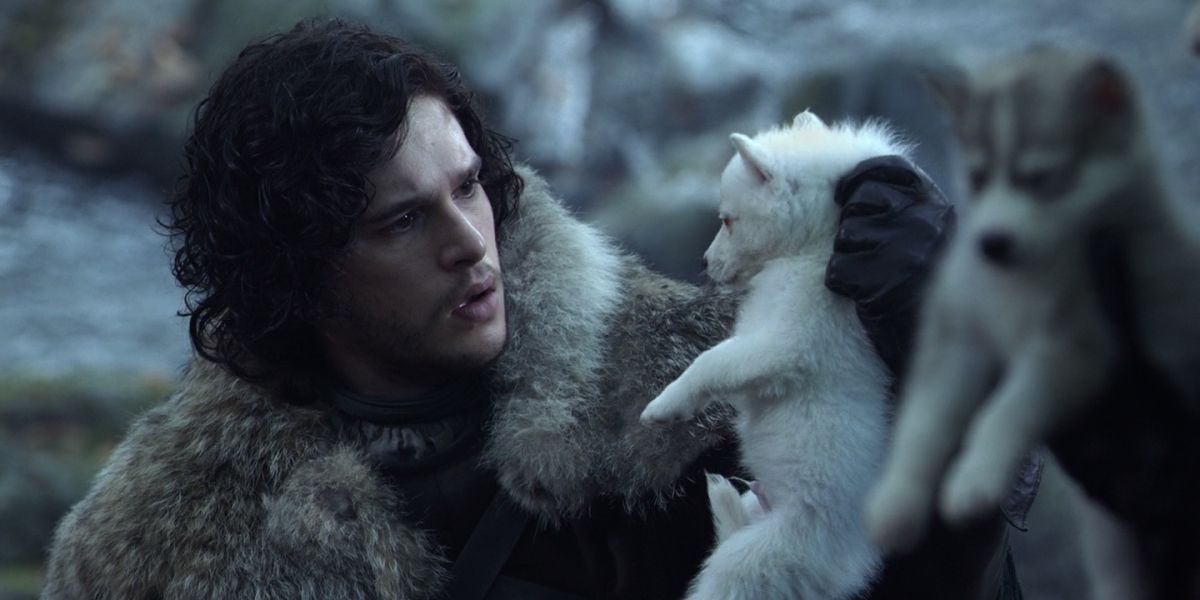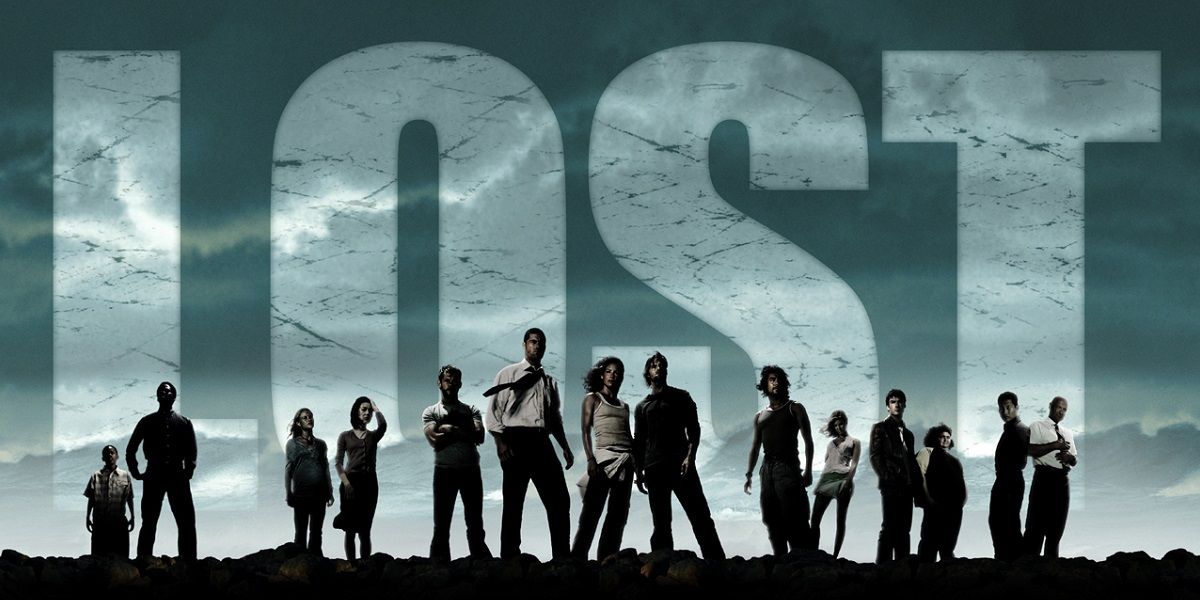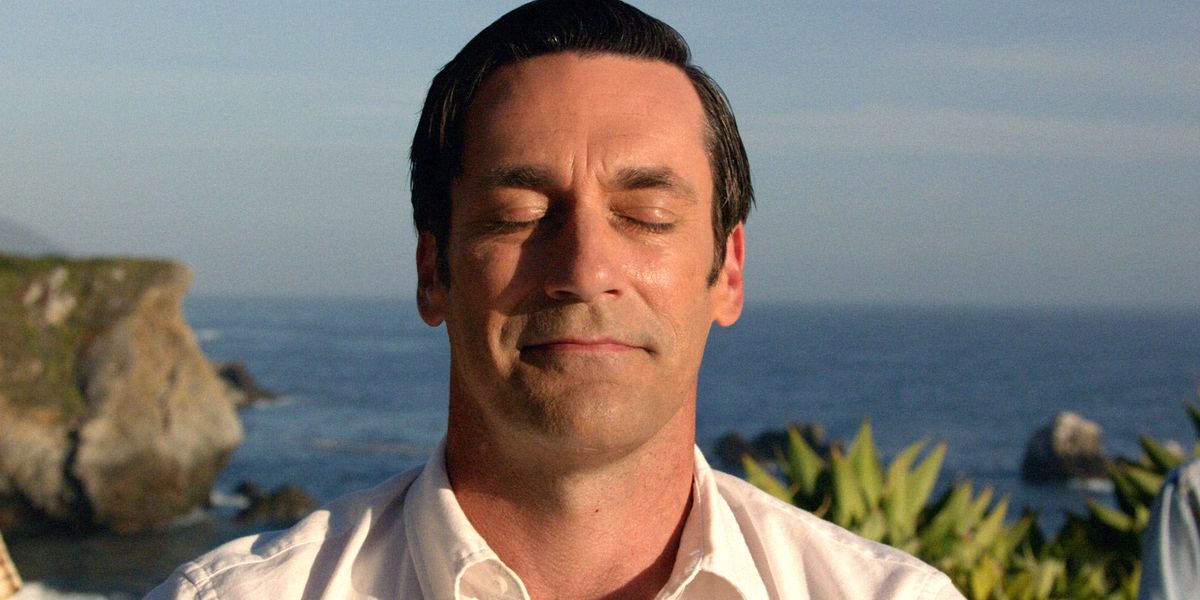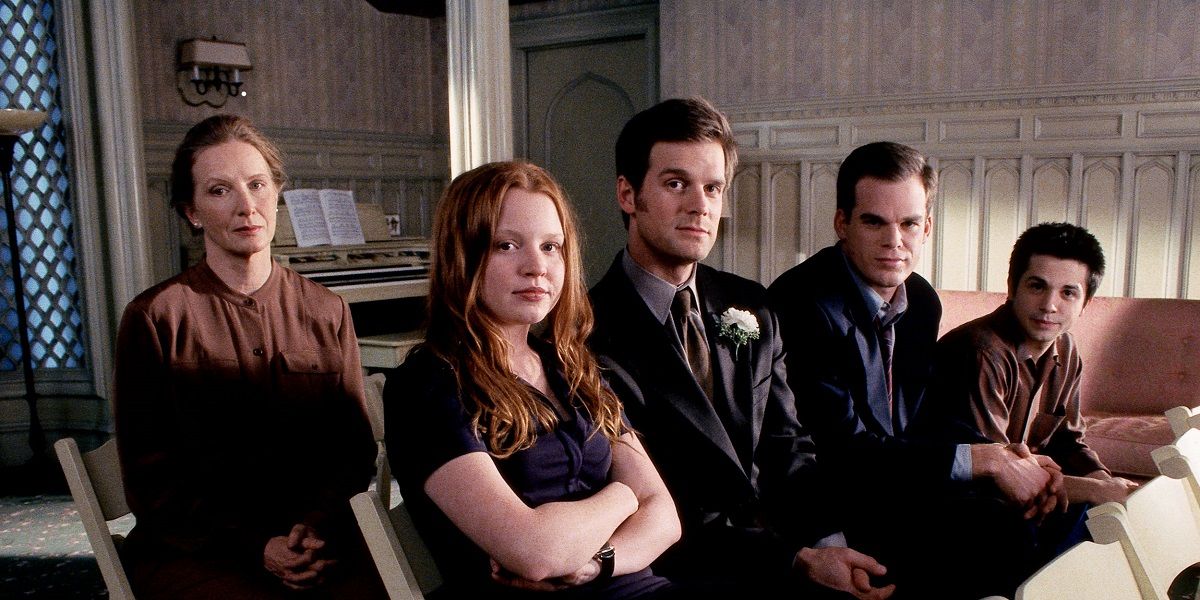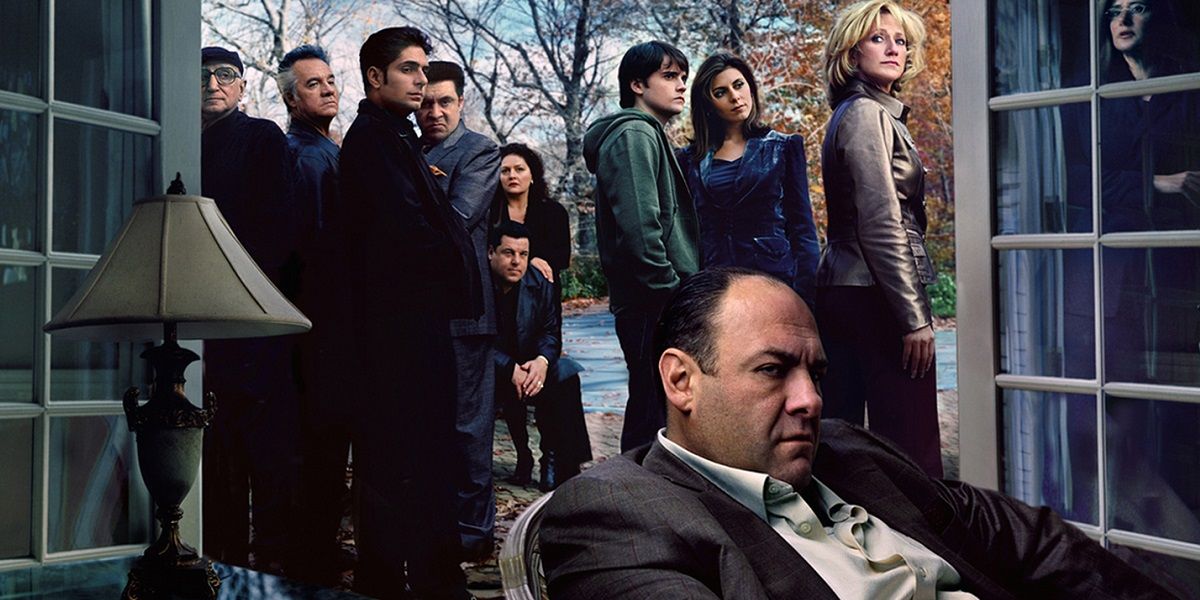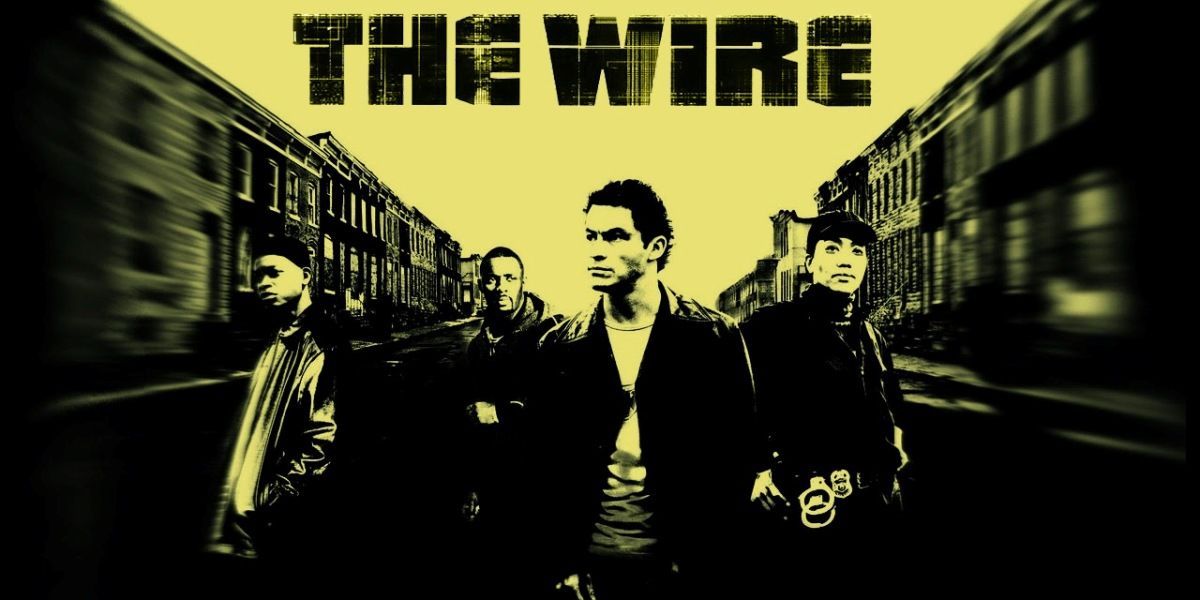We are living in a golden age of television, sustained by a wealth of networks who have the resources to create top-tier content that features intriguing narratives and the best talent the industry has to offer. Today's best series hold the ability to foster devout fan bases and be proclaimed "must-see-TV," whether they're found on major networks like ABC, FOX, and FOX or on cable networks like HBO or Showtime. This has only grown in recent years, thanks to online-based streaming services as Netflix and Amazon Prime producing highly-regarded original content that has received praise from both critics and general audiences.
Many believe that the growth in popularity for the medium is a result of its use of long-form narrative film, and its ability to tell engaging stories not possible in the realm of cinema. This, in turn produces stronger, surprising reactions, that leave an imprint on popular culture long after their initial airing. Certain shows have the ability to draw you in from the cold open, and leave you wanting more by the time the credits roll. With the fall season about to usher in a new crop of potentially great offerings, its worth looking at the notable series responsible for creating this transition.
Without further ado, here is Screen Rant's 10 Best TV Shows from the Golden Age of Television - all of which have amazed and captivated modern audiences.
Arrested Development
Mitchell Hurwitz's irreverent comedy series features the dysfunctional Bluth family, and the attempts of "good" son Michael (Jason Bateman) to keep things together after patriarch George Sr. (Jeffrey Tambor) is sent to prison for accounting fraud.
The primary cast, also consisting of Portia de Rossi, Michael Cera, Will Arnett, Alia Shawkat, David Cross, Tony Hale, and Jessica Walter, made for a wide dynamic of character actors and a zany tone that became more enriched as time went on. The first season garnered a surprise Emmy win for Best Comedy Series, despite poor rating, and the show's inability to garner a wider audience outside of a small-but-dedicated fanbase led to the show's premature cancellation after three seasons in 2006.
OVer the next decade, however, the show gained in popularity due to its presence on DVD and the fledgling Netflix streaming service. In fact, it did so well on Netflix that the service rebooted the series in 2014, even managing to reunite a cast that had since gone on to become, well, pretty expensive. There are currently tentative plans for another season and possibly a film as well. Arrested Development is widely viewed to be among the best comedy series of all time.
Battlestar Galactica
The relaunch of the classic 1970s ABC series began in 2003, as a two night mini-series event that made a strong impression with audiences - leading to a four season run on the Sci-Fi (before it was "SyFy") Channel.
Set in another galaxy, the show depicts the aftermath of a full scale genocide on humanity perpetrated by the villainous Cylon army - a race of cybernetic organisms with the ability to disguise themselves as humans. The survivors of the attack, confined to the various intergalactic warships orbiting in space, begin their trek towards Earth, the last remaining colony in the farthest reaches of space, in hope of starting over.
Featuring a cast that included Edward James Olmos, Mary McDonnell, Katee Sackhoff, James Callis, and Tricia Helfer, Battlestar Galactica was lauded for its exploration of complex philosophical questions against an intense backdrop of war, with nearly every episode providing a sudden twist that left viewers wanting more. Despite wrapping up only six years ago, it is widely considered to be one of the best science fiction series of all time.
Boardwalk Empire
Executive produced by Martin Scorsese (who also directed the pilot), this period drama set in prohibition-era Atlantic City, New Jersey explores the life of Enoch "Nucky" Thompson (Steve Buscemi), a part-time gangster who rises to the top of the political chain while secretly dealing with various crooks in tandem.
Over five seasons, the show garnered praise for its level of authenticity, and a stellar cast including Michael Pitt, Kelly Macdonald, Shea Whigham, Michael Shannon, Jack Huston, Michael Stuhlbarg, Stephen Graham, Paz de la Huerta, and Michael K. Williams. Despite wrapping up last fall, Boardwalk Empire has gone on to become a touchstone for the development of similar crime-drama series, and helped make series creator Terence Winter a sizeable force in the television industry.
Breaking Bad
Along with Mad Men (which we'll get to in a moment), Breaking Bad is the show that helped put AMC on the map shortly after launching their foray into scripted television. Breaking Bad tells the story of high school science teacher Walter White (Bryan Cranston) and his turn to a life of crime with former student Jesse Pinkman (Aaron Paul) after being diagnosed with inoperable lung cancer.
Created by Vince Gilligan, a former writer and producer of The X-Files, the show slowly grew its audience over the course of its five year run, and became a mainstay of Sunday night television thanks to its immense plot twists and bleak tone. Observing Walter White's turn from weakling everyman to antihero to near-supervillain made the series one of the darkest and most gruesome escapades on television. In the process, it garnered 12 Emmys, including two back-to-back wins for Best Drama.
Game of Thrones
An adaptation of writer George R.R. Martin's massively popular fantasy series A Song of Ice and Fire, Game of Thrones is set in the medieval-based fantasy world of Westeros, and chronicles the pursuit of several family clans, notably the Starks, the Lannisters, the Targaryens, and the Baratheons, as they attempt to take control of the continent.
An instant hit amongst audiences, the show's ability to weave a dense history against extreme depictions of violence and sexuality defined what is in terms of narrative content today. It is also the rare example of a show that has only grown in popularity since debuting on HBO in 2011, and helped series stars like Peter Dinklage, Lena Headey, Emilia Clarke, and Nikolaj Coster-Waldau, and Kit Harrington achieve widespread fame.
With more seasons in the pipeline and more books by Martin still to cover, not to mention a recent win for Best Drama Series at the Emmys, Game of Thrones is at the forefront of the modern television era.
Lost
Following a horrific plane crash on a deserted island in the South Pacific Ocean, the few survivors are forced to work together in hopes of being saved, all while exploring the strange and mysterious anomalies that inhabit their whereabouts.
Lost is a rare example of a network event series, exploring a strange concept that produced more questions than answers. Each episode fuses together the central story with flashback sequences regarding a specific character, as connections and parallels are drawn across each and every key figure. Full of intrigue and an array of cultural and philosophical references, it was one of the most widely discussed and theorized series on television during its initial run, and a triumph in terms of the absurd plotlines it weaved over six seasons.
Mad Men
A 1960s-set period drama set in the offices of Madison Avenue advertising industry, Mad Men was AMC's first foray into long-form drama. After premiering in 2007, it became a critical darling in terms of its commentary of an era long gone - seen through the eyes of (m)ad man Don Draper (Jon Hamm), whose work life and family life is plagued with constant dilemma.
Mad Men was the recipient of four back-to-back Emmys for Outstanding Drama Series, and its episodes have been dissected by critics and scholars alike in analyzing the attention to detail in its heavily researched mise-en-scene. With some of the richest narrative arcs across a sprawling troupe of actors, the series is thought to be the most prominent example of television's modern golden age.
Six Feet Under
Created by Alan Ball, the Academy Award-winning screenwriter of American Beauty, Six Feet Under revolves around the Fishers (Peter Krause, Michael C. Hall, Frances Conroy, Lauren Ambrose, and Richard Jenkins), who own a funeral home in Los Angeles,and routinely encounter life and death in strange ways.
While it has a very morbid outlook on life, various episodes provide ruminations on existentialism, religion, as well as more personal topics including the nature of sexuality and everyday living. Above all else, each episode opens with the grotesque, often surprising death of a minor character, that would in turn shape the outlook of the remaining duration. The final season made for some of the most intense moments of the entire run, including a series finale that many regard to be one of the greatest of all time.
The Sopranos
Chronicling the activities of Mafia capo Tony Soprano (James Gandolfini) as he oscillates between his rambunctious biological family and more sinister crime family, The Sopranos was a landmark entry in the HBO canon when it premiered in 1999. David Chase helped pave the way for showing a different kind of protagonist on TV, straying from the typical heroic persona and instead focusing on a corrupt central character, years before similar series like Breaking Bad and Mad Men attempted to do the same. With every new season the ante raised considerably, to the point where the final episode created massive controversy over the decision to go out with a whimper instead of a bang.
The Wire
Premiering on HBO in 2002 and running for five seasons, The Wire is a crime-drama that transcends the very essence of the genre itself. Set in Baltimore, Maryland, the series featured a semi-anthology style, as each season focuses on a different institution of the city, whether it be law enforcement, the media industry, city hall politics, or the department of education, while also including past characters and narrative arcs. This method allowed for a multi-layered and expansive depiction of the day-to-day operations of a massive urban space, and to this day, the series still holds a reputation of being an essential 'must-watch show'.
-
Are there any other series that you feel warrant a place among the most shocking and captivating?

